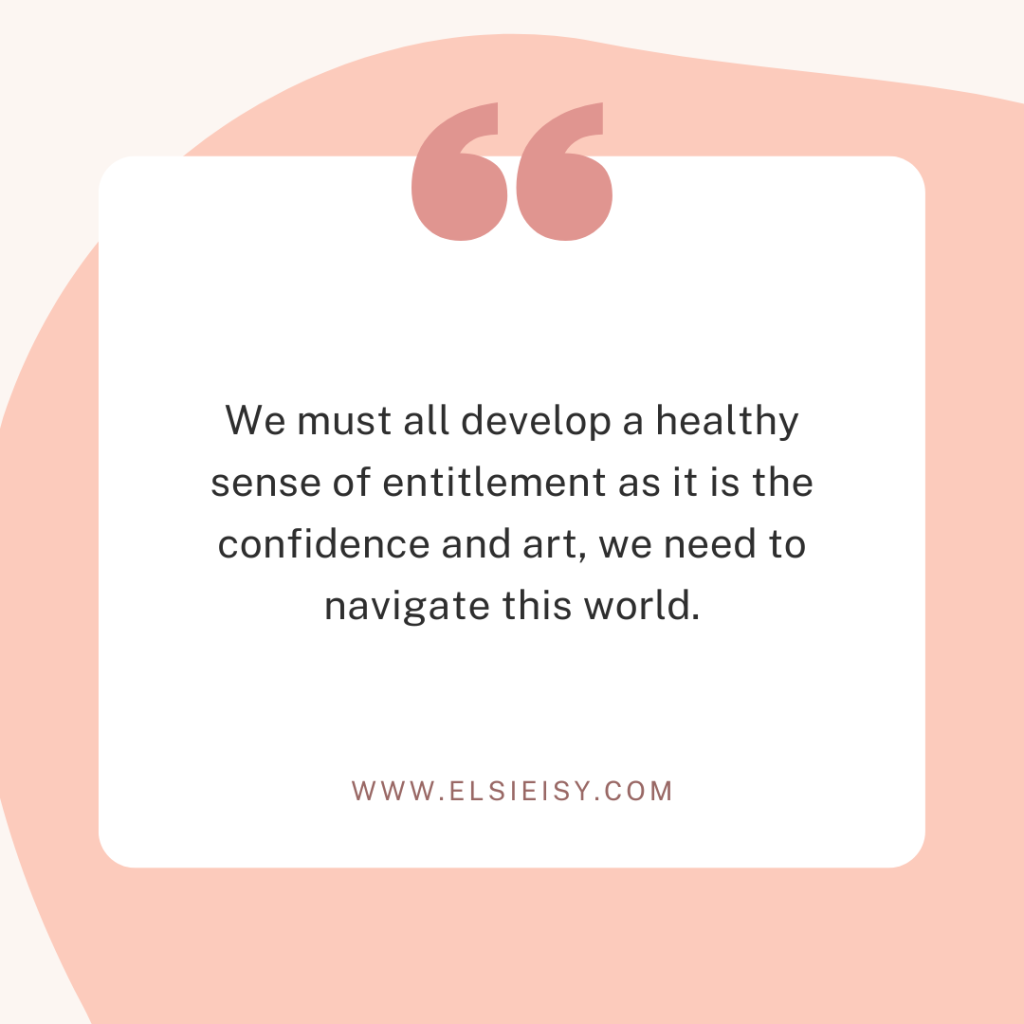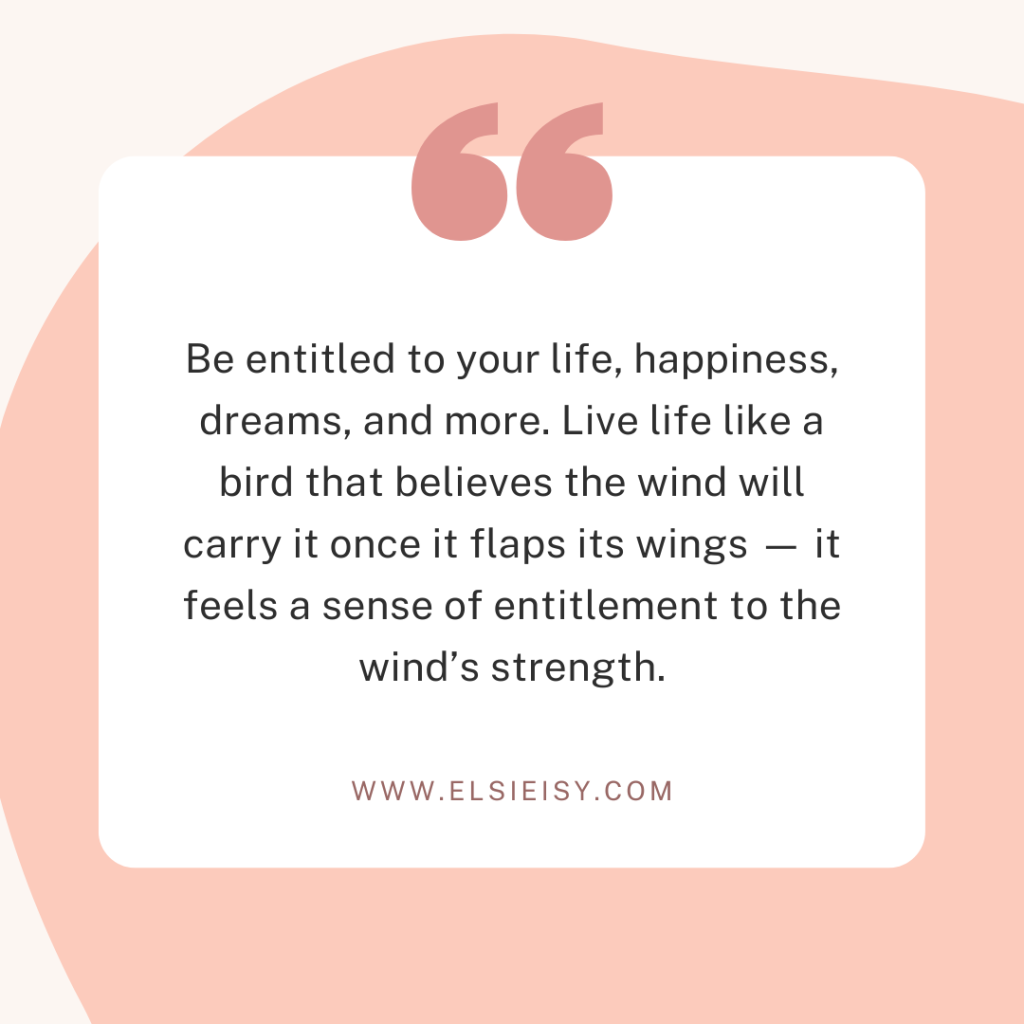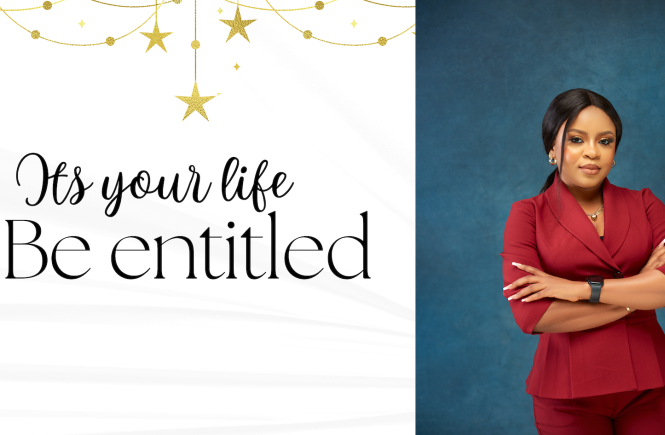It is a new year and as it is the custom, many have new year resolutions. Even the ones who are not comfortable with labels and routines. Who would not readily align with the concept of ‘new year new me’ because they believe life is a line that keeps running will admit they silently want something to change, be removed and/or explored better in the new year.
The desire for a better job, a relationship, more achievements, a new city, or bigger opportunities is either openly admitted or silently prayed for. We know we want better, and we spend our waking moments longing for it.
While writing this post, I was reminded of the ‘spiritual algorithm’— a post by a mentor which analyses how our upbringing might pose as a hindrance to our survival. I am currently reading a book that reminds me of how much our thoughts and actions can predetermine what and how we get out of life and what we pass down to our children in terms of their skills, the ability to recognise opportunities, and the capacity to optimally seize them.
Outcomes and lived experiences will differ depending on whether we are entitled or constrained.
The good book says, “Ask and you shall receive” (Matthew 7:7) and “whatever you ask in prayer, believe that you have received it, and it will be yours.” (Mark 11 vs 24). For one to ask, you must feel some sense of entitlement to what you are asking, hence believe.
Today, the word ‘entitlement’ carries a heavy cloud of negativity. Once entitlement is infused in a conversation, people go on the defensive. But entitlement is like money, it is neither good nor bad. It only takes the form of usage. There is negative entitlement, and there is healthy entitlement. We must all develop a healthy sense of entitlement as it is the confidence and art, we need to navigate this world.
Our sense of entitlement will determine our willingness and ability to put a demand on what we deserve.

If you grew up in an environment where speaking up was discouraged, asking questions was frowned upon, and contrary opinions were disregarded, you would struggle to interact with the world by default. You would find yourself following a strategy of ‘accomplishment of natural growth’ rather than ‘concerted cultivation.’ You would always feel people are against you, and the willpower to speak up for yourself.
People who are raised in an opposite environment will be comfortable steering interactions to suit their preferences. They grew up being listened to, so they wouldn’t have a notion that people do not want to hear them. They have a sense of entitlement, i.e., to be listened to.
A healthy sense of entitlement towards your desires will give you the required confidence (belief) to act (ask) as though you have the right to pursue your own individual preferences and to actively manage interactions, especially in institutional settings. You become used to being treated with respect as you do others.
If concerted cultivation is your strategy, then you strongly believe that nothing is unachievable while letting the process shape out. You are willing to seek out opportunities, invest in yourself, and be better positioned for success.
This understanding, however, does not end in the theoretical application of skills and talents. It plays a huge role in your conception of culture — how you relate with yourself, others, and the world.
Psychologist Robert Sternberg calls this ‘practical intelligence.’ It includes things like knowing what to say to whom, knowing when to say it, and knowing how to say it for maximum effect. It is about knowing how to do something without necessarily knowing why you know it or being able to explain it. A knowledge that helps you read situations correctly and get what you want. In his words, “It is a kind of intelligence separate from the sort of analytical ability measured by IQ.”
Now, think about a defining moment in your life when you had to make a decision. Think about the reasons behind the decision made. What were the key driving factors?

Do you feel a sense of entitlement towards yourself? or are you constantly apologising for your existence with your decisions, aspirations, and more?
Be entitled to your life, happiness, dreams, and more. Live life like a bird that believes the wind will carry it once it flaps its wings — it feels a sense of entitlement to the wind’s strength.
Also, the journey towards raising a new generation with healthy entitlement starts with you. The older I become, the more I worried about the impact my lived experiences and my perspective of life will have on the children I will be responsible for.
Will I be capable of parenting them in a way that ensures they can draw a fine line between positive and negative entitlement?
Will you?






1 comment
Thanks for this wonderful reminder. It’s my life and I deserve every good thing I desire.
Fleek recently posted…How Do I Keep My Slingback from Slipping Off My Feet?